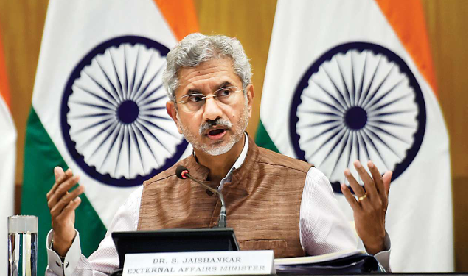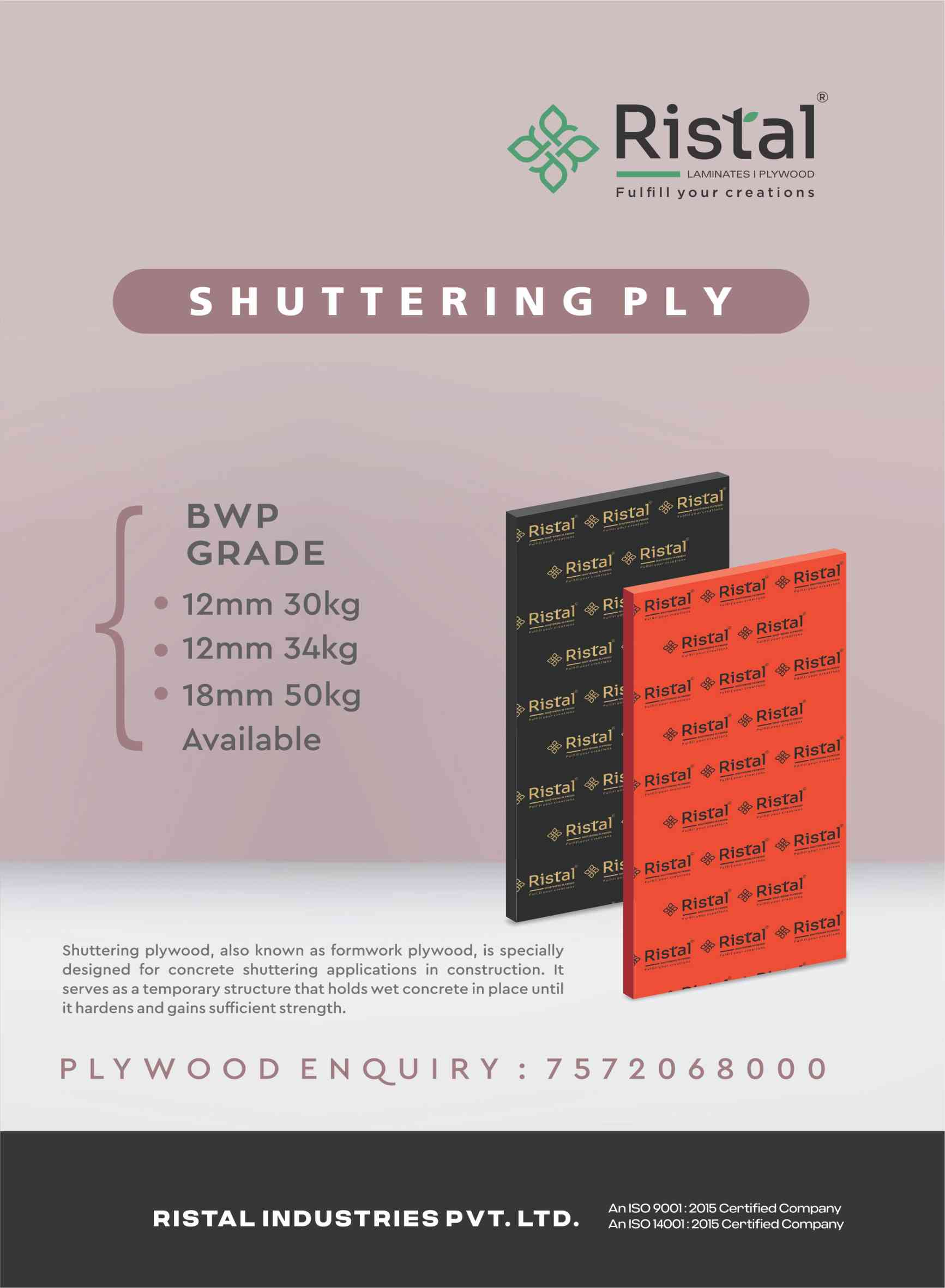Government May Consider Effect on Industries Effect on Industries before Imposing Duties
- मार्च 22, 2021
- 0
On the day the union budget was presented, the government raised import duties on a number of items to protect domestic industry, especially micro, small and medium enterprises (MSMEs). The government also reduced import duties in a few items and suspended the levy of anti-subsidy countervailing duty (CVD) on some steel items to help MSMEs. The government also proposed to strengthen certain provisions relating to the levy of ADD and CVD.
As a rule, tinkering with the duty rate structure complicates tariffs, gives rise to classification disputes and encourages lobbying. That is why successive finance ministers moved towards a single rate for all items in a chapter. However, for the last few years, selective changes have been made in the rates to raise revenues and increase protection to some industry segments.
Nevertheless, this time, in a limited way, the government has recognized that high import duties on primary products adversely impact the downstream user industries, especially MSMEs.
This is the first time that ADD and CVD have been suspended to help user industries. The extent to which this will help is unclear. The global and domestic steel prices remain high and India mostly imports steel from countries with which it has free trade agreements. Reportedly, investigations have been launched following allegations of cartelization by domestic steel products. The Finance Bill 2021 proposes to align ADD and CVD provisions relating to duty free import of inputs by export oriented units and units in special economic Zones that are subsequently sold in domestic tariff area (DTA) or used in the manufacture of products sold in DTA. For the first time, anti-absorption provisions are introduced ot counter the effect of price reduction by foreign suppliers that effectively take away the protection to domestic industries through imposition of ADD or CVD can be from the date of initiation of anti-circumvention investigations. The proposals include imposition of ADD for less than five years and limit the period of any temporary revocation to one year. From July 1 onwards, final findings on any review of ADD must be given at least three months before the expiry of ADD under review. The rules relating to safeguard measures are being amended to establish the manner and procedure for investigating cases of imports in increased quantity that cause injury to domestic industry, and imposition of tariff rate quotas.
Henceforth, the government may consider the likely effect on user industries before imposing ADD or CVD.
Courtesy: TNC Rajgopalan
सरकार शुल्क लगाने से पहले सरकार उद्योगों पर प्रभाव पर विचार कर सकती है
जिस दिन केंद्रीय बजट पेश किया गया था, सरकार ने घरेलू उद्योग, विशेष रूप से सूक्ष्म, लघु और मध्यम उद्यमों (MSMEs) की रक्षा के लिए कई वस्तुओं पर आयात शुल्क बढ़ाया था। सरकार ने कुछ वस्तुओं में आयात शुल्क भी कम कर दिया और MSMEs की सहायता के लिए कुछ इस्पात वस्तुओं पर सब्सिडी-रोधी प्रतिदायी ((CVD)) शुल्क के लगान को निलंबित कर दिया। सरकार ने । सरकार ने add और CVD के लगान से संबंधित कुछ प्रावधानों को मजबूत करने का भी प्रस्ताव रखा।
एक नियम के रूप में, शुल्क दर संरचना के साथ छेड़छाड़ टैरिफ को जटिल बनाती है, वर्गीकरण विवादों को जन्म देती है और लाॅबिंग को प्रोत्साहित करती है। यही कारण है कि क्रमिक वित मंत्री एक अध्याय में सभी वस्तुओं के लिए एक ही दर की ओर बढ़ गए। हालांकि, पिछले कुछ वर्षों से, राजस्व बढ़ाने और कुछ उद्योग क्षेत्रों में सुरक्षा बढ़ाने के लिए दरों में चयनात्मक परिवर्तन किए गए हैं।
फिर भी, इस बार, एक सीमित तरीके से सरकार ने माना है कि प्राथमिक उत्पादों पर उच्च आयात शुल्क आयात डाउनस्ट्रीम उपयोगकर्ता उद्योगों, विशेष रूप से एमएसएमई पर प्रतिकूल प्रभाव डालते हैं।
यह पही बार है जब add और CVD को उपयोगकर्ता उद्योगों की सहायता के लिए निलंबित किया गया है। यह किस हद तक मदद करेगा यह स्पष्ट नहीं है। वैश्विक और घरेलू इस्पात की कीमतें अधिक हैं और भारत ज्यादातर उन देशों से स्टील का आयात करता है जिनके साथ मुक्त व्यापार समझौते हैं। कथित तौर पर, घरेलू इस्पात उत्पादों दवारा कार्टेलिज़ेशन के आरोपों के बाद जांच शुरू की गई है। वित विधेयक 2021 में विशेष आर्थिक क्षेत्रों में निर्यात उन्मुख इकाइयों और इकाइयों द्वारा इनपुट मुक्त आयात से संबंधित ADD और CVD प्रावधानों को संरेखित करने का प्रस्ताव है जो बाद में घरेलू टैरिफ क्षेत्र ( DTA ) में बेचे जाते हैं या DTA में बेचे जाने वाले उत्पादों के निर्माण में उपयोग किए जाते हैं। पहली बार, एंटी-अवशोषण प्रावधानों को विदेशी आपूतिकर्ताओं द्वारा मूल्य में कमी के प्रभाव से ओटी काउंटर के रूप में पेश किया जाता है जो प्रभावी रूप से घरेलू उद्योगों को सुरक्षा से दूर ले जाते हैं जो कि एडीडी या सीवीडी लगाए जाने के माध्यम से विरोधी परिधि जांच की दीक्षा की तारीख से हो सकते हैं। प्रस्तावों में पांच सा से कम समय के लिए एडीडी लगाने और किसी भी अस्थायी निरसन की अवधि को एक वर्श तक सीमित करना शामिल है। 1 जुलाई से, ADD की किसी भी समीक्षा पर अंतिम निश्कर्श समीक्षा के तहत ADD की समाप्ति से कम से कम तीन महीने पहले दिया जाना चाहिए। घरूले उदयोग को चोट पहुंचाने वाले शुल्क, और टैरिफ रेट कोटा लागू करने के लिए आयात के मामलों की जांच के तरीके और प्रक्रिया को स्थापित करने के लिए सुरक्षा उपायों से संबंधित नियमों में संशोधन किया जा रहा है।
इसके बाद, सरकार ADD या CVD लगाने से पहले उपयोगकर्ता उद्योगों पर संभावित प्रभावन पर विचार कर सकती है।































































